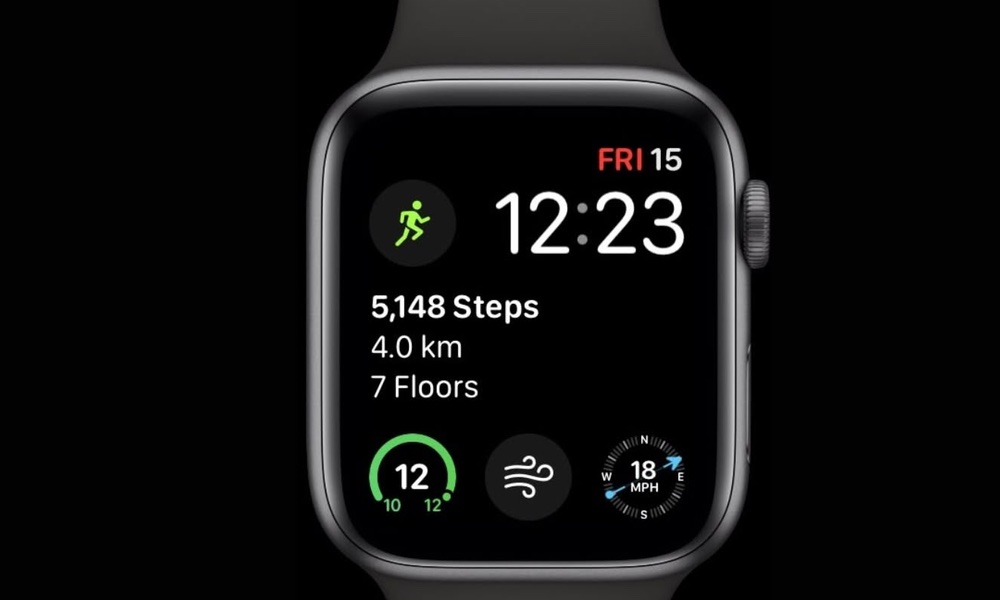Researchers in the US have successfully treated symptoms of a Parkinson's disease-like condition in adult rats by transplanting neurons from "reprogrammed" adult skin cells into the brains of fetal mice.
The study is the first to demonstrate that introducing reprogrammed cells can positively affect those with a neurodegenerative disease, according to part of the study author Marius Wernig, a postdoctoral researcher at the Whitehead Institute for Biomedical Research in Cambridge, MA.
While much more research will be needed to determine if this might lead to an effective treatment for humans with Parkinson's, these results may well point the way.
"Reprogramming" means creating iPS or stem cells by using viruses to alter the DNA of ordinary adult skin cells. This process produced two kinds of iPS cells, called neural precursor cells and dopamine neurons.
First, researchers transplanted the neural precursor cells into the brains of mouse embryos. When they analyzed the mice nine weeks after birth, they found the transplanted cells had formed clusters at the area they'd been injected and then migrated into surrounding brain tissue. The researchers also found the migrating neural precursor cells had differentiated into several subtypes of neural cells and had become part of the brain.
In another experiment, differentiated dopamine neurons were grafted into the brains of rats in which the dopamine-producing neurons on one side of the brain had been destroyed. This served as a model of Parkinson's disease, which is caused by insufficient levels of dopamine in the human brain.
Four weeks after the surgery, eight of the nine rats that received the dopamine neuron transplants showed improvement. Eight weeks after transplantation, the dopamine neurons had extended into the surrounding brain tissue.
This study was published online in the April 2008 Proceedings of the National Academy of Sciences.




